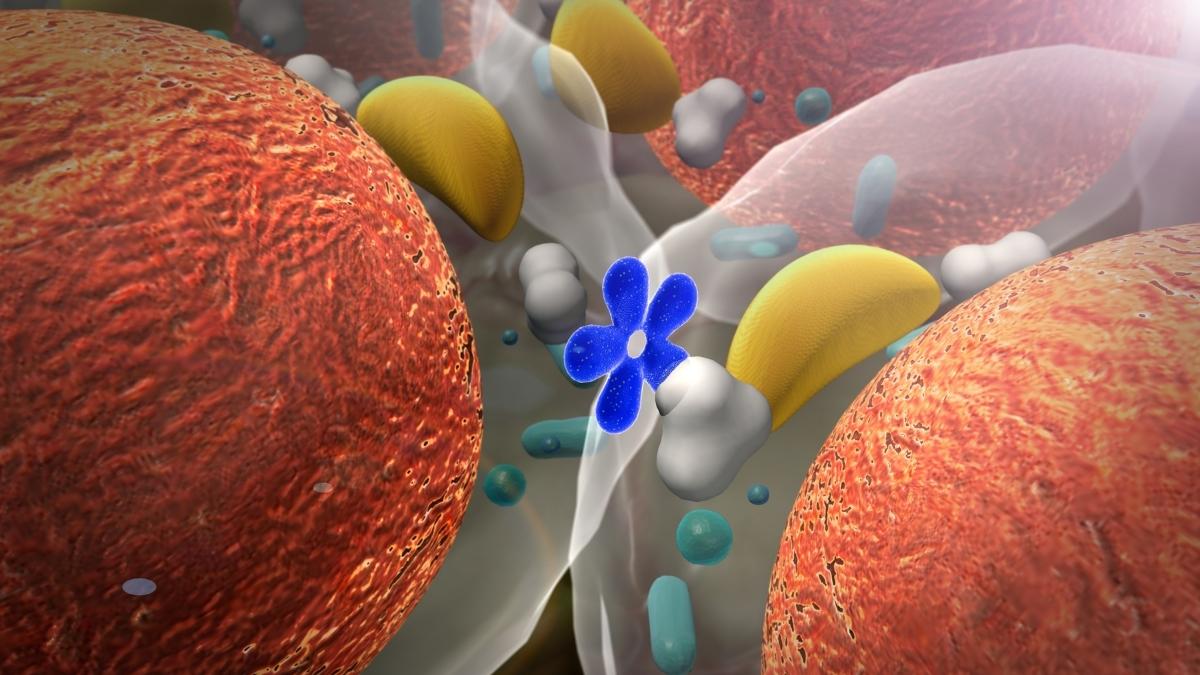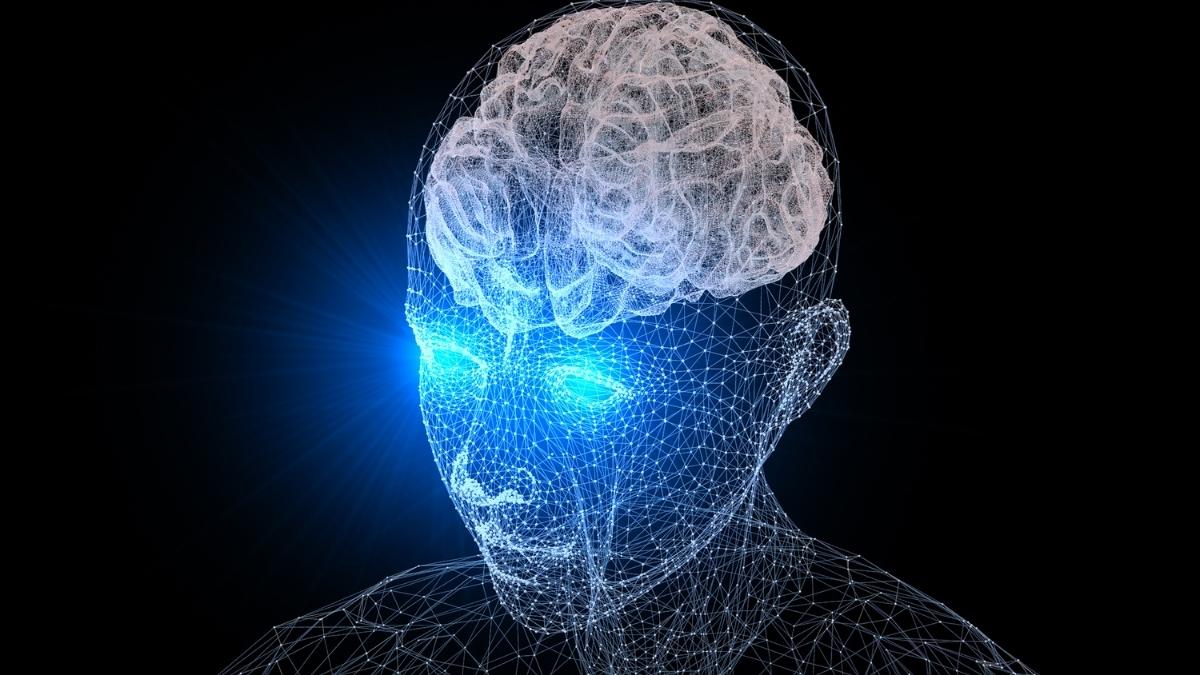Sunrise Secrets: How Early Light Reboots Your Body and Brain

Ever wonder why early risers seem sharper, calmer, and more energized? It’s not just discipline—it’s science. The secret lies in the sunrise. That first light of the day sends powerful signals to your brain and body, resetting your internal clock, lifting your mood, and jumpstarting your metabolism.
In a world flooded with artificial light and digital chaos, morning sunlight is your natural reboot button. Just 10–15 minutes can trigger a full-body upgrade—from better sleep to sharper focus and lower stress.
In the next few minutes, you’ll uncover how early light unlocks hidden biological advantages most people ignore. Don’t miss these sunrise secrets—your brain and body will thank you.
1. Triggers a Natural Wake-Up Signal (Circadian Reset)
Your body runs on a 24-hour internal clock called the circadian rhythm, and sunrise light is one of its most powerful regulators. When early morning light hits your eyes (specifically the retina), it signals the brain’s suprachiasmatic nucleus (SCN) to suppress melatonin (the sleep hormone) and increase alertness.

This natural reset helps you feel more energized, synchronized with the day, and ready to be active—without the crash that comes from caffeine or artificial light sources. Sunlight is especially potent in the blue-light spectrum during sunrise, which has a strong influence on waking brain activity and hormonal balance.
✅ Quick Tips:
- Step outside within 30–60 minutes of waking up.
- Avoid sunglasses for at least 10–15 minutes in natural light.
- Open windows if you can’t go outside; glass filters key wavelengths.
2. Boosts Mood with a Serotonin Surge
Serotonin is a neurotransmitter tied to mood, focus, and emotional stability—and morning sunlight is one of the best natural ways to stimulate its production. Sunlight exposure triggers the conversion of tryptophan into serotonin, which later converts into melatonin at night.

This explains why people who get early light exposure often feel happier, more motivated, and emotionally balanced throughout the day. In contrast, lack of morning light has been linked to mood disorders like Seasonal Affective Disorder (SAD) and chronic low mood.
✅ Quick Tips:
- Aim for 15–20 minutes of morning sun exposure daily.
- Pair your light exposure with a short walk or deep breathing to enhance serotonin.
- Avoid bright screens before sunrise to protect natural serotonin cycles.
3. Supercharges Your Sleep-Wake Cycle
Exposure to natural light in the early hours helps set the timer for melatonin production later in the evening—leading to a more natural, restful sleep. Your brain interprets the light-dark cycle to determine when to feel alert and when to wind down.
People who view sunlight early are more likely to fall asleep quickly at night, sleep deeper, and wake up naturally without grogginess. This is especially helpful for those suffering from insomnia, irregular sleep schedules, or jet lag.
✅ Quick Tips:
- Combine light exposure with a morning walk or stretching routine.
- Avoid bright artificial lights at night (especially blue light from screens).
- Keep a consistent wake-up time—even on weekends.
4. Enhances Focus and Mental Clarity
The brain thrives on routine, oxygen, and sunlight. Exposure to early sunlight helps regulate cortisol in a healthy rhythm, which increases alertness and improves concentration. When you get morning light, your brain enters a state of heightened mental readiness.

This boosts working memory, reaction time, and learning capacity. Additionally, natural light has been shown to reduce mental fatigue and improve productivity more effectively than artificial lighting.
✅ Quick Tips:
- Do your most mentally demanding tasks after morning light exposure.
- Sit by a window if outdoor access is limited.
- Keep your workspace well-lit with indirect natural light when possible.
5. Naturally Increases Vitamin D (When UV Index Allows)
Although early morning light has lower UVB levels than midday sun, it can still contribute to vitamin D synthesis, especially in equatorial or sunny climates. Vitamin D is crucial for immune support, hormone regulation, mood stability, and bone health.
Morning sunlight is gentle and unlikely to burn the skin, making it a safer window to absorb needed light for this essential vitamin—without risking overexposure. However, the effectiveness depends on location, skin type, and season.
✅ Quick Tips:
- Expose arms, face, and legs for 10–20 minutes if safe.
- No sunscreen for the first few minutes (but apply after if staying out longer).
- Check your local UV index to see when vitamin D production is possible.
6. Lowers Cortisol & Reduces Stress Response
Morning sunlight helps regulate your body’s cortisol rhythm, which is crucial for managing stress. Cortisol is naturally highest in the early morning, but when balanced by sunlight exposure, it promotes energy without anxiety. Without natural light, cortisol can spike at the wrong times—leading to chronic stress, belly fat gain, fatigue, and even immune suppression.

Research shows that people who get morning light have healthier cortisol profiles, lower blood pressure, and reduced burnout symptoms over time. Light helps activate the hypothalamic-pituitary-adrenal (HPA) axis, keeping your body in a calm yet alert state.
✅ Tips to Implement:
- Step outside for at least 10–20 minutes within 1 hour of waking.
- Avoid checking your phone first thing to prevent digital stress triggers.
- Pair morning light with breathing exercises to calm the nervous system.
7. Activates Mitochondria – Your Body’s Energy Generators
Natural light, especially in the red and near-infrared spectrum present during sunrise, helps activate mitochondria, the power plants inside your cells. This leads to better cellular energy (ATP) production, improved muscle function, and faster tissue repair.
Light triggers cytochrome c oxidase in mitochondria, enhancing metabolism and reducing inflammation at the cellular level. This is why many people report feeling more alive, mentally sharper, and physically energized after morning sun exposure. Some experts even compare early sunlight to nature’s energy drink.
✅ Tips to Implement:
- Expose skin (arms or face) to morning sun for 15 minutes daily.
- Walk barefoot on grass (grounding) while absorbing light to boost cell repair.
- Avoid sunglasses for the first few minutes to allow full light absorption.
8. Promotes Metabolism and Hormonal Balance
Sunrise light influences the release of critical metabolic hormones like insulin, ghrelin (hunger hormone), and leptin (satiety hormone). When your circadian rhythm is aligned with natural light, your body digests food more efficiently and maintains a healthy appetite.

Morning light helps prevent metabolic syndrome, insulin resistance, and late-night cravings. It has also been shown to improve glucose tolerance and fat oxidation. A well-timed light routine may even assist in weight loss and hormonal reset, especially in people over 40.
✅ Tips to Implement:
- Eat your first meal after 15–30 minutes of natural light exposure.
- Avoid eating late at night to keep hormones in sync with light cycles.
- Use light to anchor regular mealtimes and improve digestion rhythm.
9. Strengthens Eye and Brain Health
Your eyes are not just for seeing—they’re also the entry point for light to influence your brain and body. Early sunlight supports retinal health, reduces digital eye strain, and improves dopamine production in the retina. Light also impacts the brain’s pineal and hypothalamic regions, helping regulate mood, memory, and cognition.

Regular exposure to morning light has been linked to lower risks of Alzheimer’s, dementia, and cognitive decline, especially in aging adults. It keeps your brain alert during the day and supports neuroplasticity over time.
✅ Tips to Implement:
- Look toward the horizon (not directly at the sun) for natural eye stimulation.
- Take “light breaks” from screens every 60–90 minutes to protect vision.
- Use natural morning light as a non-pharmacological tool for brain wellness.
Sunrise Secrets
Reboot Body & BrainStep Outside Early
Within 30–60 mins of waking to reset your body clock.
10–20 Mins Light
Expose eyes to natural light daily for optimal effect.
Skip Sunglasses
Briefly, let full-spectrum light reach your brain.
Add a Walk
Combine sunlight with movement to boost energy.
Open Windows
If stuck inside, natural light through glass still helps.
No Screens Yet
Avoid bright tech before sunrise to protect rhythm.
Sync Metabolism
Use early light to signal your body it’s time to eat.
Deep Breathing
Pair sunlight with breathwork to lower cortisol.
Anchor Sleep
Consistent morning light stabilizes your sleep routine.
Final Thought:
In a world driven by artificial light and fast-paced routines, reconnecting with the natural rhythm of sunrise is a simple yet powerful act of self-care. Just a few minutes of morning light can reset your body clock, uplift your mood, sharpen your focus, and enhance your overall well-being—without the need for pills or stimulants.
It’s nature’s way of saying, “Wake up, recharge, and thrive.” Whether you’re chasing better sleep, more energy, or a clearer mind, the answer might just be waiting at dawn. Embrace the sunrise, and let your body and brain rediscover their natural rhythm—one morning at a time.






